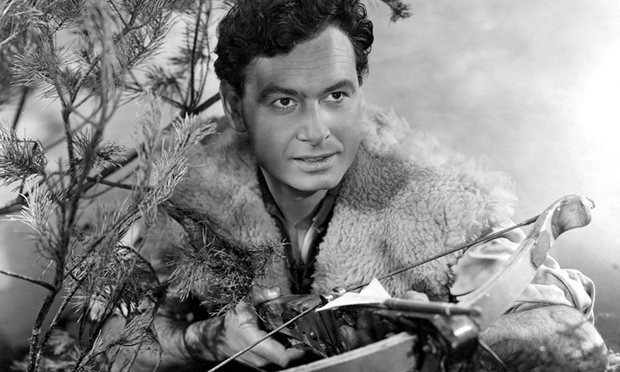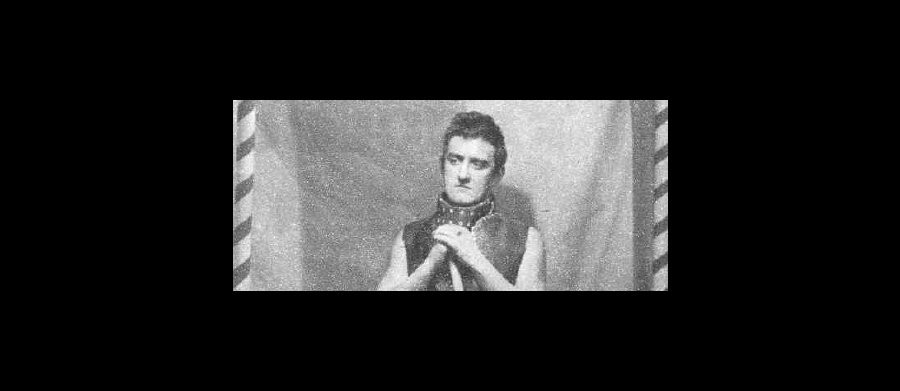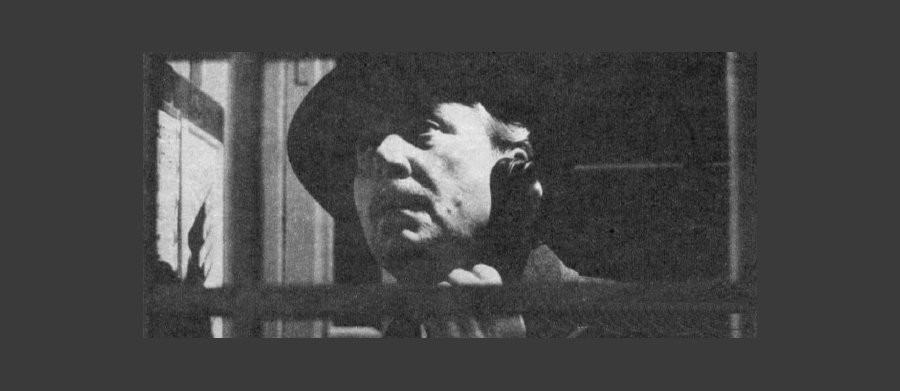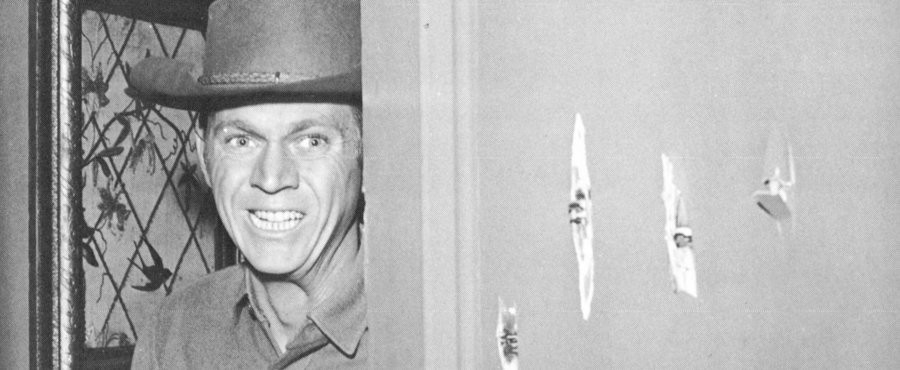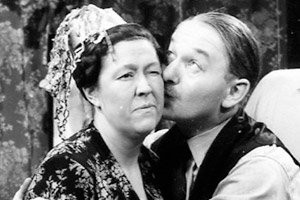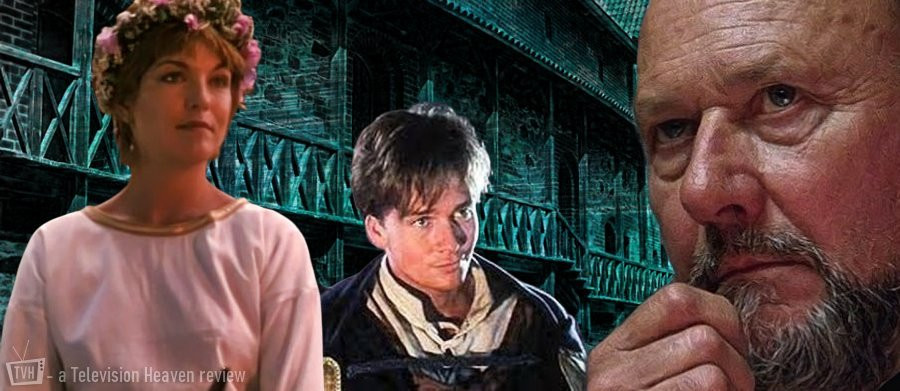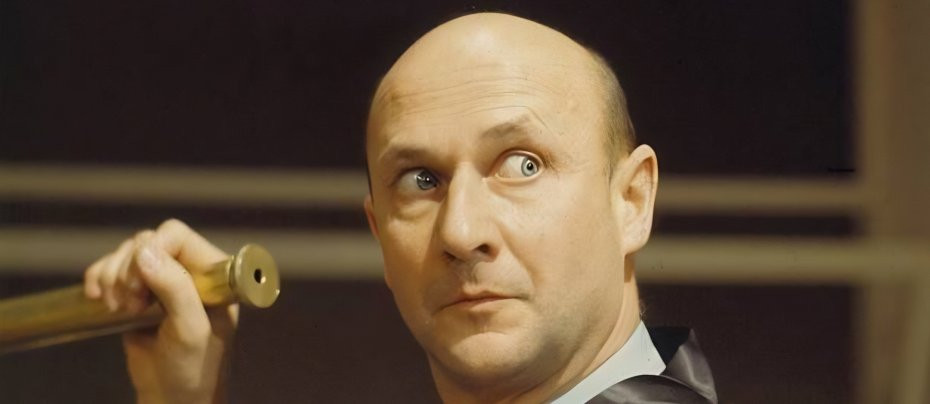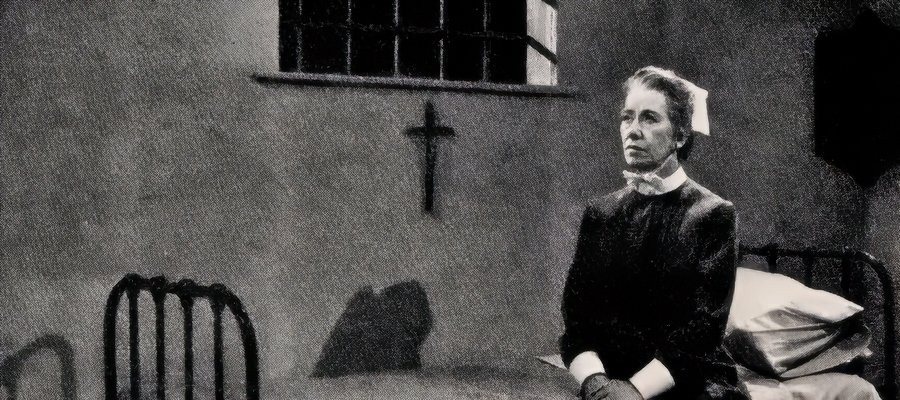
"...and Humanity"
1958 - United KingdomThe story of Nurse Edith Cavell, shaped by her remarkable experiences during the First World War, has long inspired writers of books, plays, and films—drawing the interest of many acclaimed actresses. Yet it wasn’t until 1958 that television ventured to dramatise her life, prompted by one celebrated actress’s heartfelt desire to portray her on screen.
Flora Robson had always wanted to play Edith Cavell and decided to approach the HM Tennent organisation, which was then producing drama for the new ITV company Associated Television (ATV). As Tennent was currently producing live plays of between 60 and 90 minutes for television—and was always on the lookout for new material—they contacted Elspeth Cochrane, a British actress, playwright, stage manager, and agent. Cochrane had worked as James Mason's assistant in California and had previously served as stage manager at the Old Vic. At the time of Tennent’s approach, she had been involved in no fewer than 15 plays adapted for television.
Cochrane selected 31-year-old Welsh-born actor-turned-writer Peter Draper, who had been earning a steady income working at an advertising agency before founding the Milton Head Pottery Company in Brixham, Devon, with two partners in 1950. This would be his first commission for television. Draper was asked to prepare an outline for production in early March 1958, when Flora Robson would be available. His outline and final script proved to be exciting, with many ingenious touches.
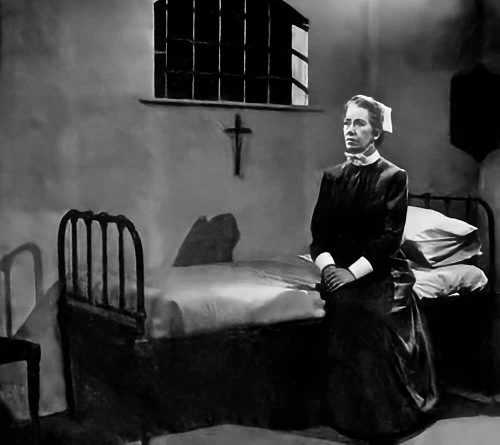
He gave us Nurse Cavell not just as a martyr or heroine, but as a real woman, able to reveal her true feelings. Speaking to TV Times magazine in March 1958, Thomas Heathcote—who played Philippe Baucq, the Belgian who was shot alongside Nurse Cavell—emphasised that Draper’s dramatic biography was one of the most comprehensive ever written. “In the past, some biographies have missed the background, some of the political significance of the tragedy, and some have skimped the lives of those concerned. Peter Draper has managed to give an accurate historic view as well as a moving account of those involved.”
The play tells how, in 1915, the Germans took over a Belgian military hospital where Edith Cavell was working. Left behind to care for soldiers too badly injured to be moved, she helped British and French soldiers escape. The Germans discovered this escape line and, after prolonged questioning, extracted a "confession" from her. She was court-martialled—the proceedings conducted in German with only casual attempts at translation—and sentenced to death.
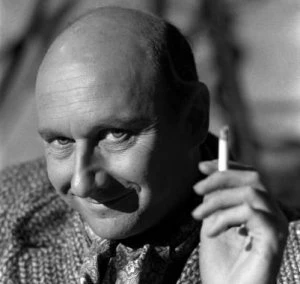
Draper's script broke new ground by focusing on the interrogation of Nurse Cavell by Henri Pincoff (Donald Pleasence), thereby heightening the drama. The day after the transmission, Peter Draper was signed to a contract with Tennent's, and the pottery business was sold later that year.
In her own article in TV Times, Flora Robson (the ‘Dame’ would come later) wrote:
Nurse Edith Cavell is a role I have been looking forward to playing for many years. Consider her—daughter of a clergyman, dignified, gentle, and selfless in her vocation of nursing. She was a dedicated woman who never faltered in her purpose of succouring humanity. Nurse Cavell saved the lives of hundreds at the cost of her own before a firing squad. Yet at the end, she was able to say she must have no hatred or bitterness for anyone; that she must love all people, expecting nothing in return.
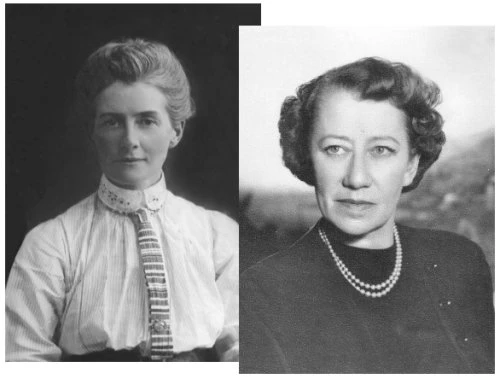
Here was the essence of humility, service, and dignity, and it was universally acknowledged. I say this advisedly—her court-martial and sentence having been as much of a shock to many Germans as it was to Britain. They felt equally indebted to her, and were equally anxious to recognise that she had nursed both her own countrymen and theirs with unstinting devotion.
“…and Humanity” was broadcast as ATV's Play of the Week on 5 March 1958. The following day, the critic (identified only as F.B.) in the Birmingham Evening Post wrote:
The author, Peter Draper, had caught the atmosphere of the war-time days in Brussels, and his drawing of the leading participants in that dreadful tragedy was very vivid. They were most powerfully played by all the cast. Flora Robson brought out the integrity of the woman, and the fact that she became implicated in the escape movement only because of her love for humanity and her nurse’s oath to do what she could to alleviate suffering. Donald Pleasence gave a shattering performance as the smooth, implacable inquisitor Pincoff, and there was a hint of the psychological malaise behind his cruelty to the gentle woman.
Research: Daily Mail All Channels TV Book (circa 1958), TV Times (Midlands Edition) February 28 1958, British Newspaper Archive - Birmingham Evening Post (6 March 1958)
Seen this show? How do you rate it?
Seen this show? How do you rate it?
Published on August 6th, 2025. Written by Laurence Marcus for Television Heaven.


